BA Early Childhood Studies (Top-Up) with Professional Practice – DIRECT
Foundation
- Start date
- –
- Study mode
- –
- Course length
- –
- UCAS Code
- –
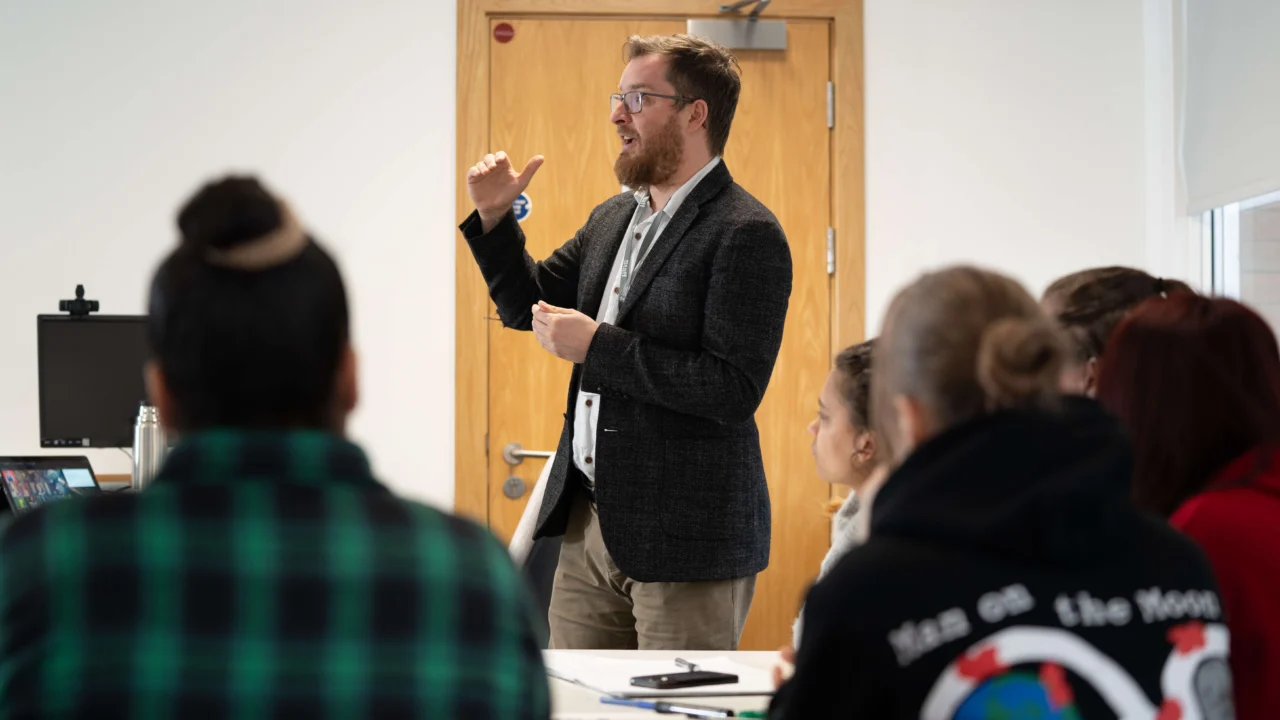
Interested in a different start date?
The full-time course fee, for UK home students, for September 2025 is: £9,535
Additional Costs
The University will review tuition fees and increase fees in line with any inflationary uplift as determined by the UK Government, if permitted by law or government policy, in subsequent years of your course. It is anticipated that such increases would be linked to RPI (the Retail Price Index excluding mortgage interest payments).
Check out our blog/news/events
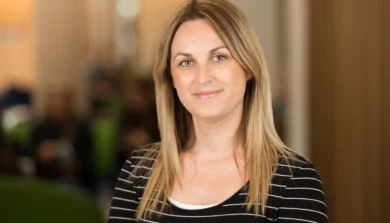
Dr Emma Powell Named Finalist in Birmingham Awards 2025 – Contribution to Education
Dr. Emma Powell SFHEA, Senior Lecturer in Primary ITE at Birmingham Newman University, has been…

Birmingham Newman University Library Recognised as THE Award Finalist for Pioneering AI Support
Forward-thinking work to support the responsible and innovative use of AI in academia has landed…

Birmingham Newman University is delighting in the news that St John Henry Newman, our Patron, will be the newest Doctor of the Catholic Church
Pope Leo made the official announcement – Conferral of the Title of Doctor of the…
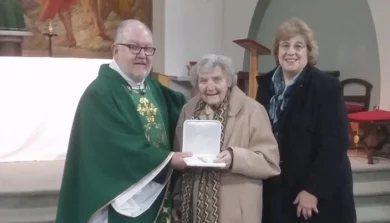
Dr Marie Rowlands Rest In Peace
Long-standing friend and former student of Dr Marie Rowlands, Professor Judith Champ, alongside Fr. Cecil…
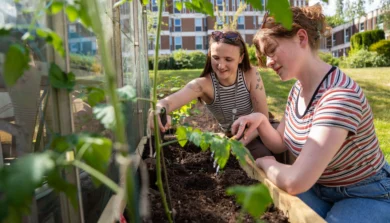
Birmingham Newman University Shortlisted for Prestigious Sustainability Award
Birmingham Newman University has been shortlisted for the 2025 Green Gown Awards in the Creating…

Book an open day
Find out about our next open day. Book now to secure your place.
Courses we think you'll also like
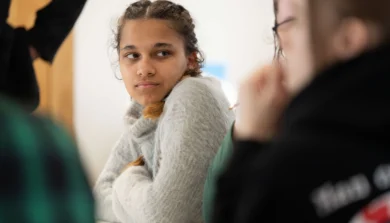
BA Early Childhood Education Studies (Top-Up) – DIRECT
- Start date:
- Various
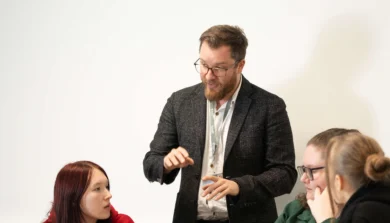
BA Single Honours Early Childhood Studies (with Foundation Year)(full-time)
- Start date:
- Various
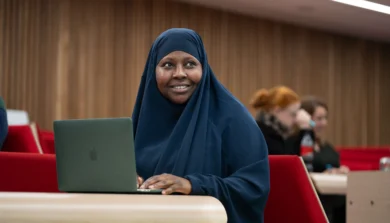
BA Single Honours Early Childhood Studies (full-time)
- Start date:
- Various
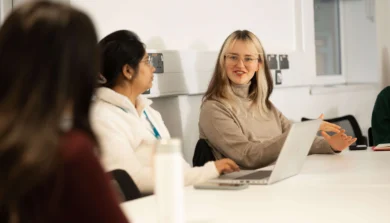
BA Counselling Studies (Top-Up)
- Start date:
- Various
